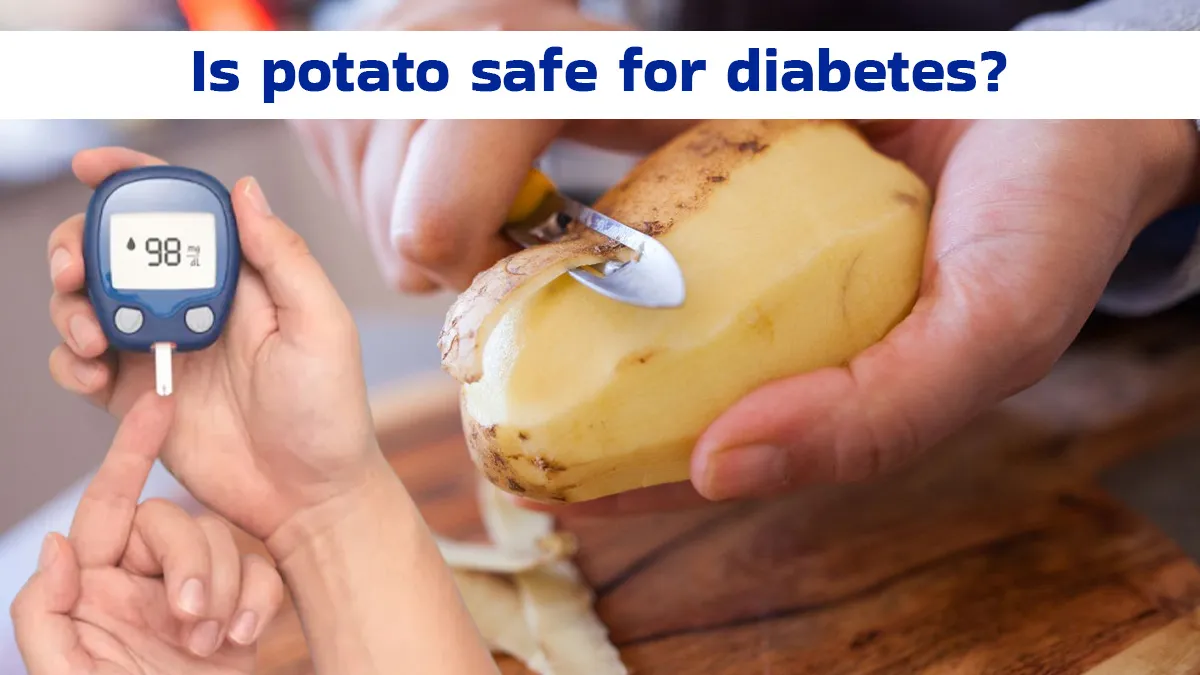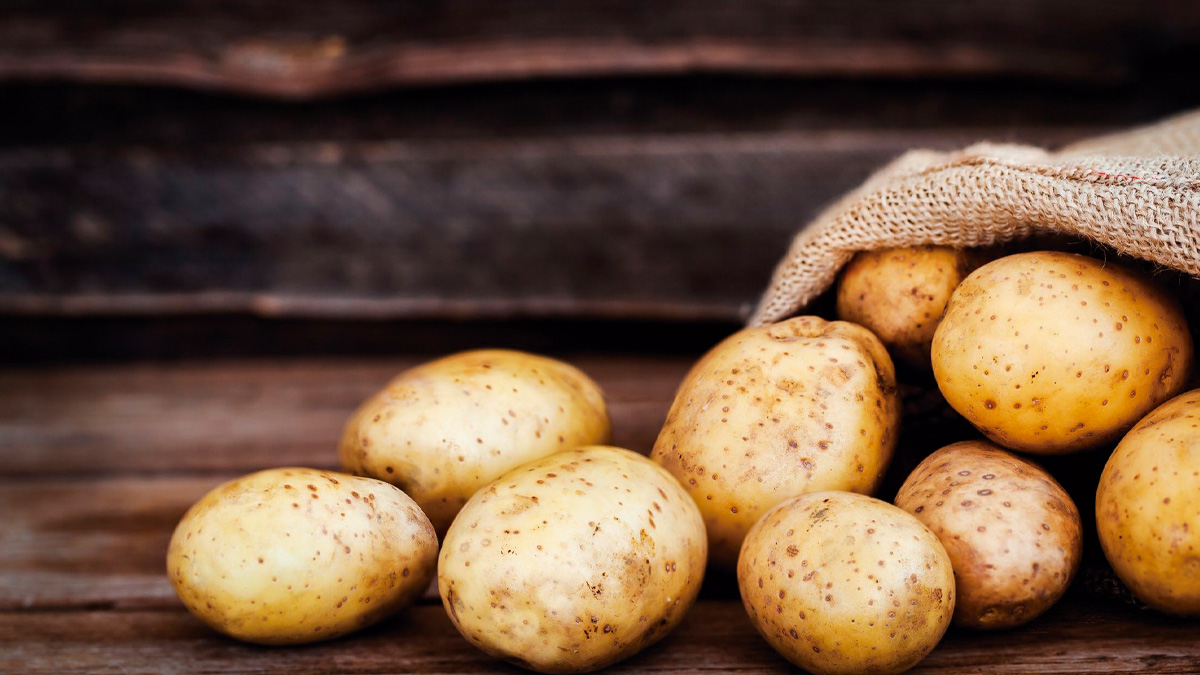
Diabetes is one of the most common health issues today, affecting millions of people worldwide. It happens when the body can’t properly regulate blood sugar. Type 1 diabetes is usually genetic and starts early in life, while type 2 diabetes is mostly linked to lifestyle. The latter is far more common and often connected with poor diet, being overweight, and a lack of physical activity. Because food plays such a big role, many people assume certain items are “good” or “bad” for diabetes. One food that often sparks debate is the potato.
Table of Content:-
To understand whether potatoes really deserve the bad reputation, we spoke with Dr Sajili Mehta, Senior Consultant Pediatric Endocrinology, Surya Mother and Child Super Speciality Hospital, Pune.
The Role of Food in Diabetes![food in diabetes 2 - 2025-10-01T102305.298]()
One of the major factors behind the rise in type 2 diabetes is diet. Many Indian meals, especially those eaten by children, are dominated by highly processed foods. Dr Mehta highlighted, “From fries, chips and aloo tikki to parathas and wafers, processed food dominates many children’s meals in India presently. This regular intake, coupled with an increasingly sedentary lifestyle, is creating the twin problem of obesity and diabetes in young people.”
ALSO READ: Millet Health Benefits For Diabetes: A Natural Solution For Blood Sugar Control And Overall Health
What About Potatoes?![potatoes for diabetes 1 - 2025-10-01T102307.126]()
Potatoes are a staple in Indian cooking. They can be added to veggies, stuffed into parathas, or turned into snacks. But the real concern is not just the potato itself, it's how it affects blood sugar and how often people eat it. Dr Mehta lists down the points that you need to know:
- Potatoes are naturally high in carbohydrates.
- The starch in potatoes is mostly amylopectin, which digests very quickly.
- This gives potatoes a high glycemic index (GI). In simple terms, they raise blood sugar rapidly.
- When eaten often, these sudden spikes make the body release extra insulin. Over time, this stresses the pancreas and increases fat storage.
- Fried potato dishes like fries, chips, and pakoras make the situation worse, as they add unhealthy fats and extra calories.
Dr Mehta summarised, “High-carb foods like potatoes are mostly composed of rapidly digestible starch, especially amylopectin. This gives them a high glycemic index, which means they raise blood sugar very quickly after eating. Repeated spikes in glucose and insulin overload the pancreas and increase fat storage, both of which contribute to insulin resistance and metabolic syndrome. When food is fried, the problem worsens because they also add unhealthy fats and extra calories.”
Type 2 Diabetes on the Rise in Young People
Dr Mehta explained that type 2 diabetes, once called “adult-onset diabetes,” is no longer limited to grown-ups. She said, “Type 2 diabetes, which used to be called adult-onset diabetes, is now rising among children at a worrying pace. In India, studies show that nearly 1 in 10 adolescents already have pre-diabetes or diabetes. This was very rare even a decade ago, but lifestyle changes like less physical activity and more junk food are driving the trend.”
This shift is alarming because children are developing lifestyle-related complications much earlier than before. Habits formed in childhood, like eating junk food without limits and skipping exercise, are carrying over into adulthood.
What Parents Should Keep in Mind![potatoes for children 3 - 2025-10-01T102303.269]()
Dr Mehta is clear about her advice for families, saying, “Don’t make a high-carb diet the default for your children. They can be eaten occasionally, but not every day and not in fried form.” Instead, she suggests:
- Protein-rich alternatives: dal, chana, rajma, sprouts
- Fibre-packed vegetables: green leafy sabzis, gourds, beans
- Healthy grains: ragi, jowar, bajra, millets
- Smarter swaps: roasted sweet potato in moderation instead of fries
- Balanced plates: a mix of protein, fibre, and complex carbs instead of just starch-heavy meals
ALSO READ: Diabetes Makes Breast Cancer More Aggressive? New Study Claims
Conclusion
So, are potatoes really bad for people with type 2 diabetes? The answer is, it depends. Eating plain, boiled potatoes once in a while is quite different from eating fries or potato chips every day. What truly matters is portion size, cooking method, and how often they are eaten. Adding more fibre-rich and protein-packed foods to meals helps balance out the effects of starchy foods like potatoes. In the end, small daily choices make a big difference.
Also watch this video
How we keep this article up to date:
We work with experts and keep a close eye on the latest in health and wellness. Whenever there is a new research or helpful information, we update our articles with accurate and useful advice.
Current Version
Oct 02, 2025 15:25 IST
Published By : Vivek Kumar



